Meloxicam Tablets
$50.00 – $150.00
Meloxicam Tablets
Meloxicam is a nonsteroidal anti-inflammatory drug (NSAID) that is typically used to reduce pain, inflammation, and stiffness caused by conditions such as arthritis, osteoarthritis, rheumatoid arthritis, and ankylosing spondylitis. Here’s a breakdown of its description, uses, warnings, and side effects:
Meloxicam Tablets
Meloxicam is a nonsteroidal anti-inflammatory drug (NSAID) that is typically used to reduce pain, inflammation, and stiffness caused by conditions such as arthritis, osteoarthritis, rheumatoid arthritis, and ankylosing spondylitis. Here’s a breakdown of its description, uses, warnings, and side effects:
Description:
- Generic Name: Meloxicam
- Brand Names: Mobic, Metacam (for veterinary use)
- Form: It is available in tablet form for oral administration.
- Dosage Strengths: Common strengths include 7.5 mg and 15 mg tablets.
- Mechanism of Action: Meloxicam works by inhibiting the production of substances in the body that cause pain and inflammation, primarily by blocking the enzyme cyclooxygenase (COX), thereby reducing the production of prostaglandins.
Uses:
- Pain Relief: Meloxicam is commonly prescribed for pain relief associated with arthritis (including osteoarthritis and rheumatoid arthritis) and other inflammatory conditions.
- Anti-inflammatory: It reduces inflammation and swelling, providing relief from symptoms such as joint stiffness and reduced mobility.
- Analgesic: Meloxicam also possesses analgesic properties, relieving pain associated with various conditions.
Warnings:
- Cardiovascular Risk: NSAIDs like meloxicam may increase the risk of serious cardiovascular thrombotic events, myocardial infarction, and stroke, which can be fatal. This risk may increase with prolonged use and in patients with underlying cardiovascular disease or risk factors.
- Gastrointestinal Risk: NSAIDs can cause gastrointestinal (GI) adverse events including bleeding, ulceration, and perforation of the stomach or intestines, which can be fatal. These events can occur at any time during use and without warning symptoms. Older adults are at greater risk for these events.
- Renal Toxicity: Long-term use of NSAIDs, including meloxicam, can lead to renal toxicity, including renal papillary necrosis and other renal injury. Renal function should be monitored in patients with pre-existing renal impairment or conditions predisposing to renal dysfunction.
- Hepatotoxicity: NSAIDs, including meloxicam, can cause hepatic injury, including liver failure. Patients with hepatic disease or alcohol dependence may be at increased risk.
Side Effects:
- Common Side Effects: The most common side effects of meloxicam include stomach upset, nausea, vomiting, heartburn, diarrhea, constipation, dizziness, headache, and drowsiness.
- Serious Side Effects: Rare but serious side effects may include allergic reactions (difficulty breathing, swelling of the face or throat, hives), liver problems (dark urine, yellowing of the skin or eyes, persistent nausea or vomiting, abdominal pain), high blood pressure, heart failure, and others.
Always consult a healthcare professional for personalized advice regarding the use of meloxicam, especially if you have underlying health conditions or are taking other medications. Follow the prescribed dosage and instructions carefully to minimize the risk of adverse effects.
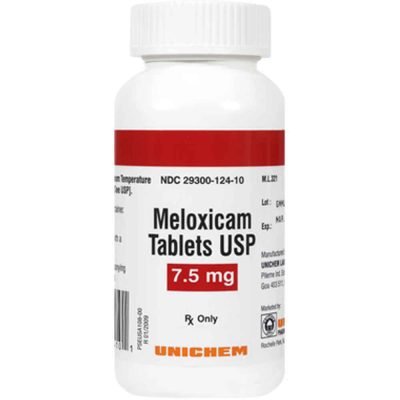
| Amount | 100 pills, 30 pills, 60 pills |
|---|
Reviews
There are no reviews yet.
Related products
Pills
Pills
Pills
Pills
Pills

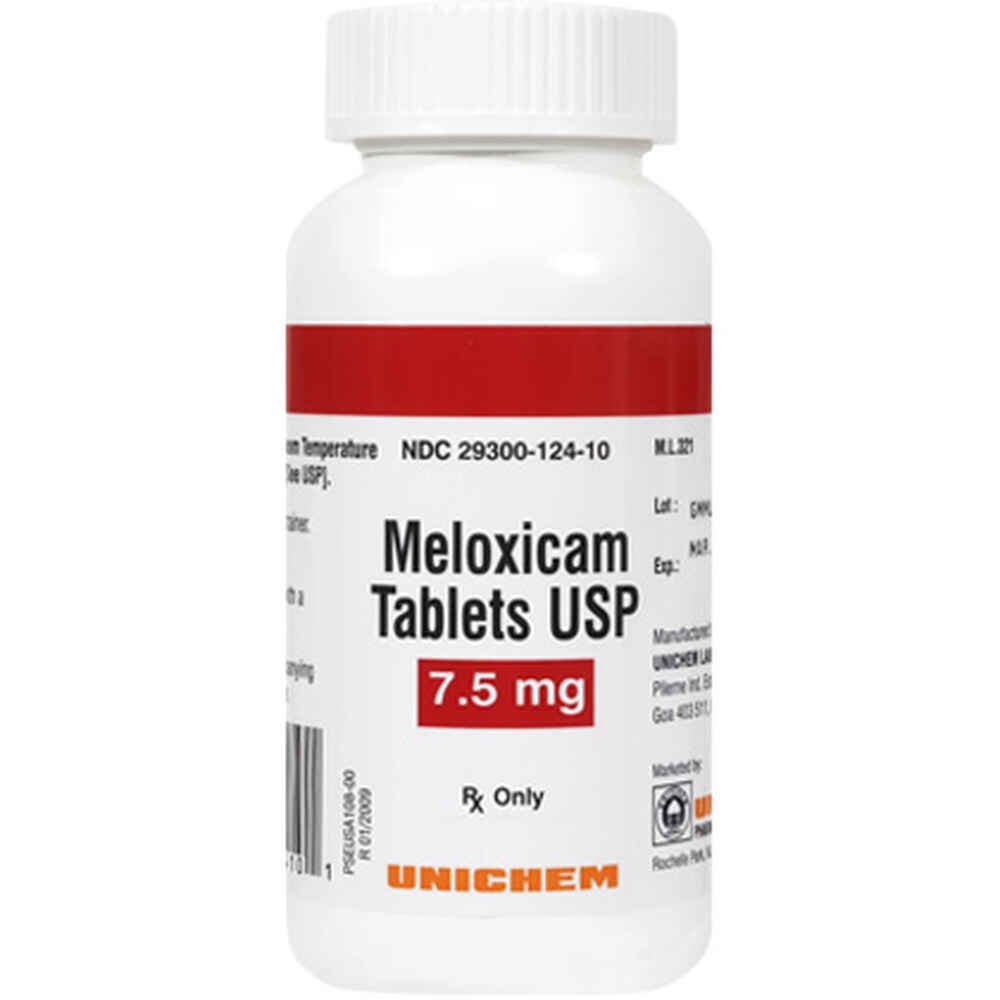


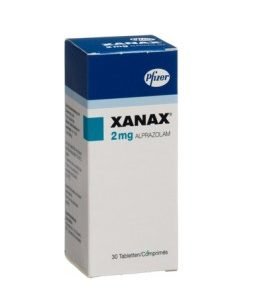

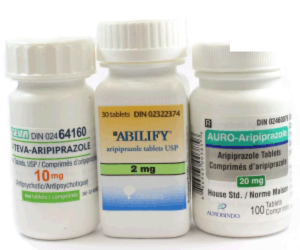

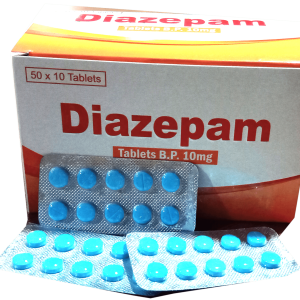


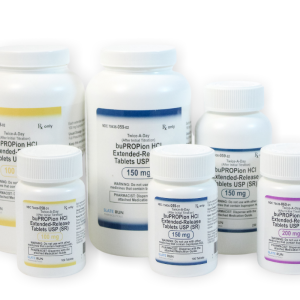
Be the first to review “Meloxicam Tablets”